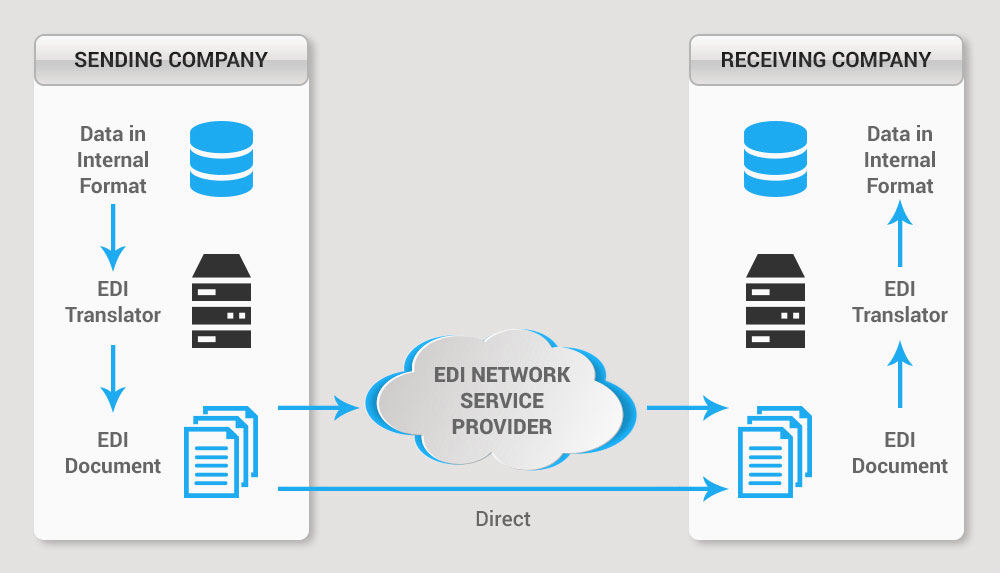EDI Development & Support
Electronic Data Interchange (EDI) refers to the process of electronically exchanging business documents between different companies in a standardized format. EDI has become increasingly popular in recent years because it allows companies to automate their supply chain processes and improve efficiency.

To support and develop EDI, you will need a deep understanding of the EDI standards, which include formats such as EDIFACT and ANSI X12. You will also need to be familiar with communication protocols such as FTP, AS2, and HTTP. Additionally, you may need to develop custom software solutions to integrate EDI into your existing systems.
Here are some steps we take to support and develop EDI:
- Understand the EDI standards: Familiarize yourself with the different EDI standards and their formats. This will help you understand the different types of EDI messages and how they are used.
- Choose an EDI communication protocol: Select an EDI communication protocol that is suitable for your business needs. This will depend on factors such as the volume of transactions and your partners' requirements.
- Develop custom software: You may need to develop custom software to integrate EDI into your existing systems. This could involve developing APIs, mapping EDI messages to your internal data structures, and handling error conditions.
- Test and certify with partners: Before you start exchanging EDI messages with your partners, you will need to test and certify your EDI implementation with each of them. This ensures that your EDI messages are compatible with your partner's systems.
- Monitor and maintain your EDI system: Once your EDI system is up and running, you will need to monitor it regularly to ensure that it is functioning correctly. This may involve monitoring message traffic, identifying and resolving errors, and performing routine maintenance tasks.



